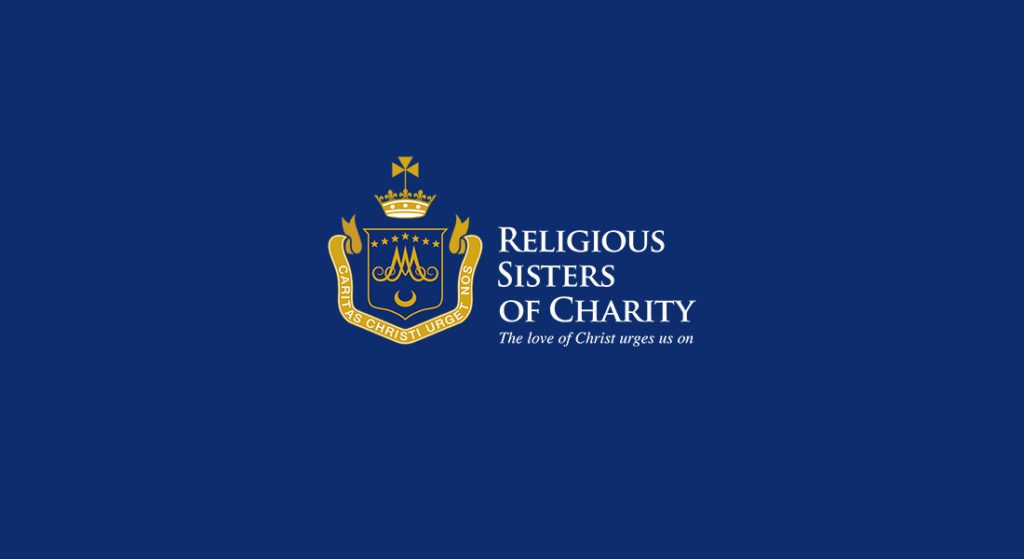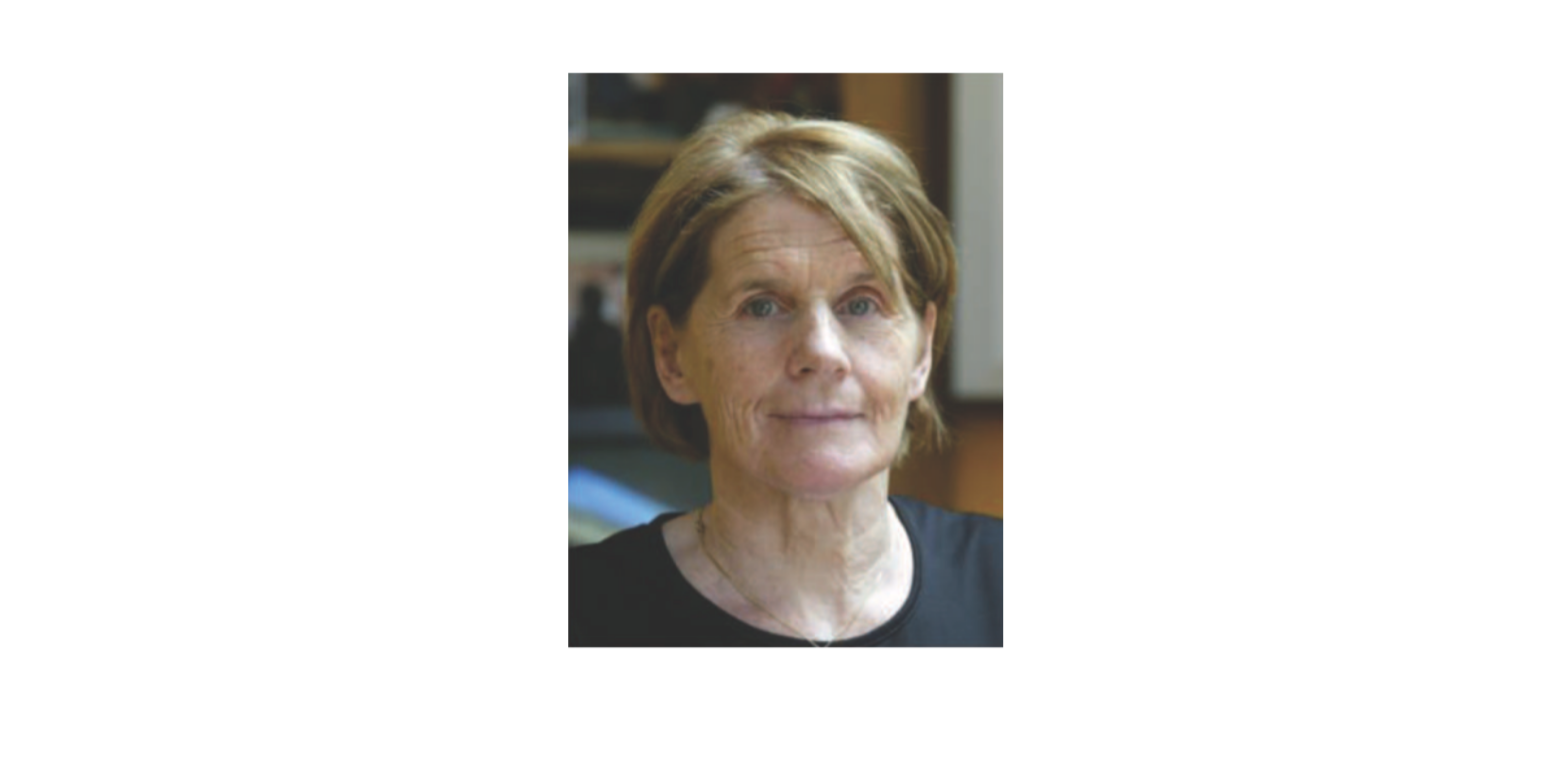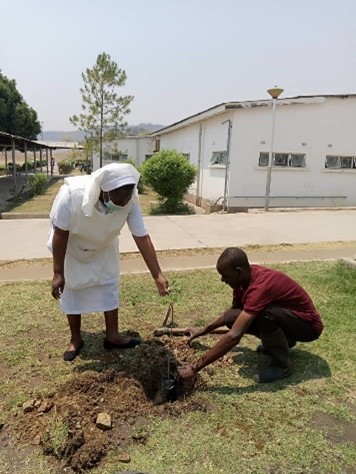
 Karen Armstrong, author of “The Case for God” joins with a multi-national Council of Religious Leaders to bring Compassion back to the Heart of Society.
Karen Armstrong, author of “The Case for God” joins with a multi-national Council of Religious Leaders to bring Compassion back to the Heart of Society.
Karen Armstrong, winner of the 2008 TED prize, along with religious leaders from around the world, gathered on November 12, 2009, to unveil the Charter for Compassion.
The Charter is a single document, endorsed by HH the Dalai Lama and Archbishop Desmond Tutu among others. It was crafted by people from all walks of life, nationalities, beliefs and backgrounds with the intent to unify, inspire and bring compassion back into the heart of society. Compassion is the principled determination to put ourselves in the shoes of the other, and is often referred to as the Golden Rule – a tenet that is central to all major religions.
At the unveiling, Ms. Armstrong, and religious leaders, called upon the world to make a commitment to living a life of compassion. Over 60 Charter for Compassion Plaques, designed by Yves Behar and his team at fuseproject, will be hung in significant religious and secular locations around the world, in cities such as New York, Cairo, London, Ramallah, Melbourne, and Buenos Aires. The design focuses on the power and meaning of the Charter’s words rather than purely the form. Consisting of sustainable maple, simple construction and laser-engraving, the plaques have a unique and iconic design reflective of the key messaging of Karen Armstrong. As Ms. Armstrong explains, “Compassion is not the feeling of good will or pity. Instead it is the principled determination to put ourselves into the place of the other [that] lies at the heart of all truly religious and ethical systems.”
The Charter of Compassion’s Call to Action
The final text of The Charter, unveiled today, calls upon all men and women
• to restore compassion to the center of morality and religion.
• to return to the ancient principle that any interpretation of scripture that breeds violence,
• hatred or disdain is illegitimate
• to ensure that youth are given accurate and respectful information about other traditions, religions and cultures
• to encourage a positive appreciation of cultural and religious diversity
• to cultivate an informed empathy with the suffering of all human beings ~ even those regarded as enemies
Celebrating The Golden Rule
Events to commemorate the launch of the Charter are took place across the globe from Australia and South Africa to Argentina and Thailand with more than 100 partner organizations. They include everything from art exhibits and film screenings to small lectures and large conferences. Affirmers from All Walks of Life
Affirmers of the Charter hail from near and far including luminaries such as Queen Noor of Jordan, Sheikh Ali Gomaa, Candido Mendes, Jody Williams, Deepak Chopra and Sakyong Mipham Rinpoche as well as cultural icons Meg Ryan, Vusi Mahlasela, and Salman Ahmad.
Origin of the Charter for Compassion
A 2008 winner of the TED Prize and renowned author, Ms. Armstrong has been working with the TED community to create, launch and propagate a Charter for Compassion — a document that would bring attention back to the principles of universal justice and respect that are central to all the world’s great religions.
During the Charter – writing period, people of all faiths, from around the world, contributed their ideas, suggestions and stories. “I was excited to join so many different individuals contributing to the Charter’s development. I believe that this Charter will help bring people together to recognize our interdependence, commit to furthering our mutual wellbeing, and act with compassion for all, not just one’s own group” said contributor Vincent Cheng. A Council of Conscience, made up of eighteen renowned religious thinkers and leaders, then wrote the final version.
About the Charter for Compassion
Karen Armstrong had a desire to impact the violence attributed to religion around the world and wanted to remind people of the core similarity that lies at the heart of all religions – the Golden Rule.
Karen won the TED Prize in 2008 and the Charter for Compassion was her wish. Global participation in an open writing process was the critical starting point for the creation of the Charter for Compassion was launched in the fall of 2008 to allow people of all nations, all backgrounds, and all faiths to contribute. People from all over the world have contributed to this Charter; it transcends religious, ideological and national difference; it has been composed by leading thinkers from many traditions with passion, insight, intellectual conviction and hope.







